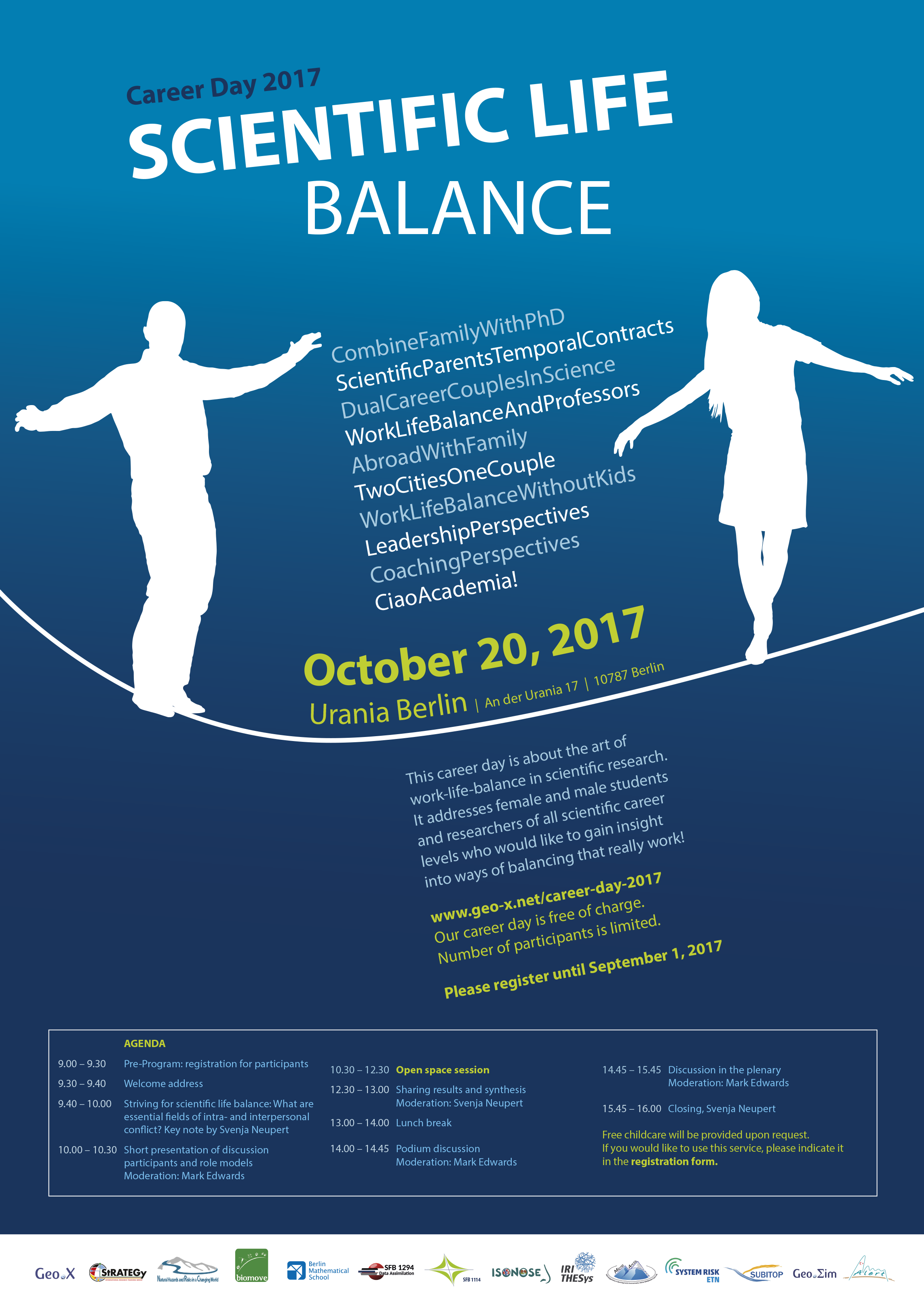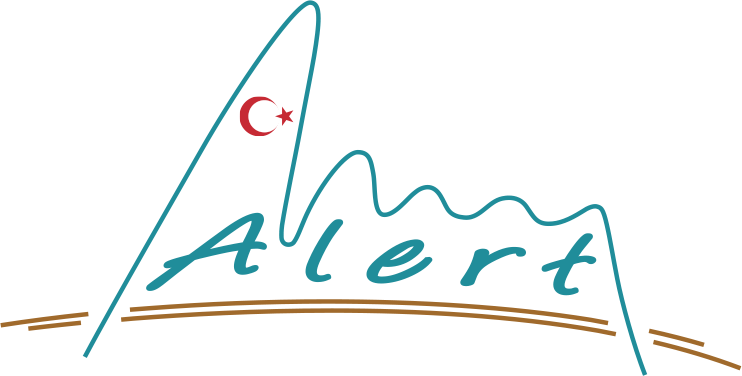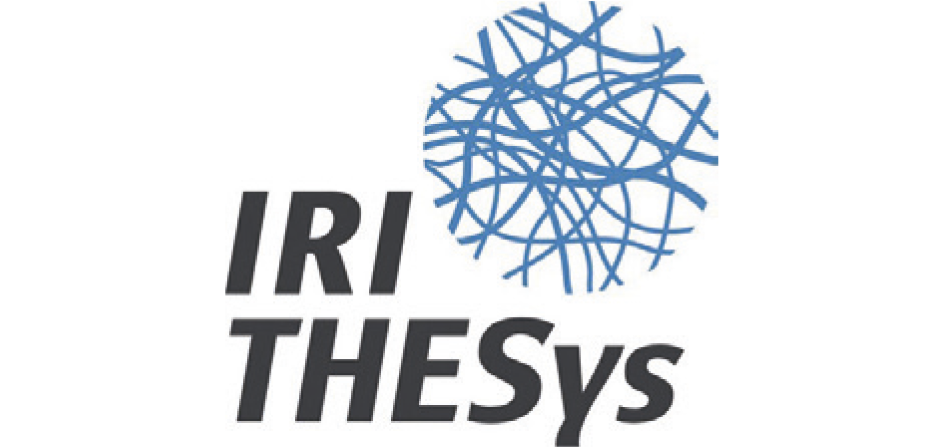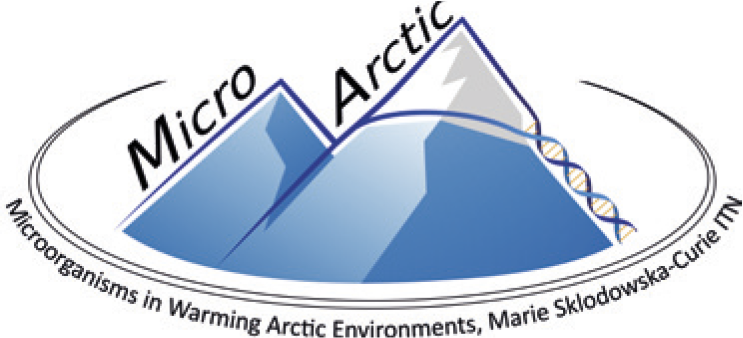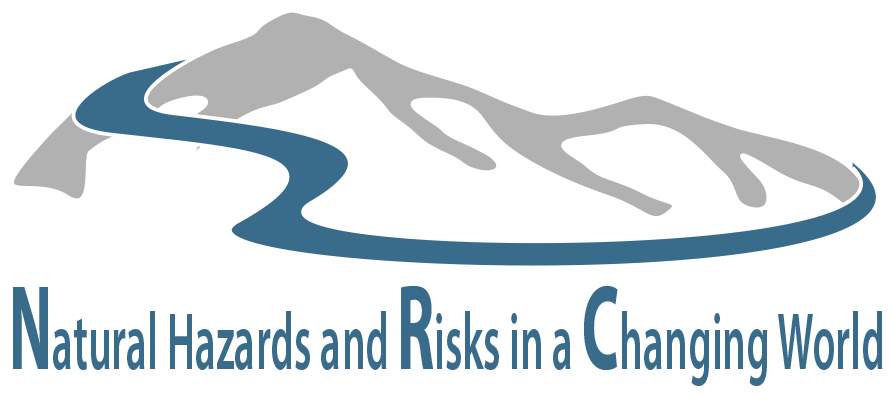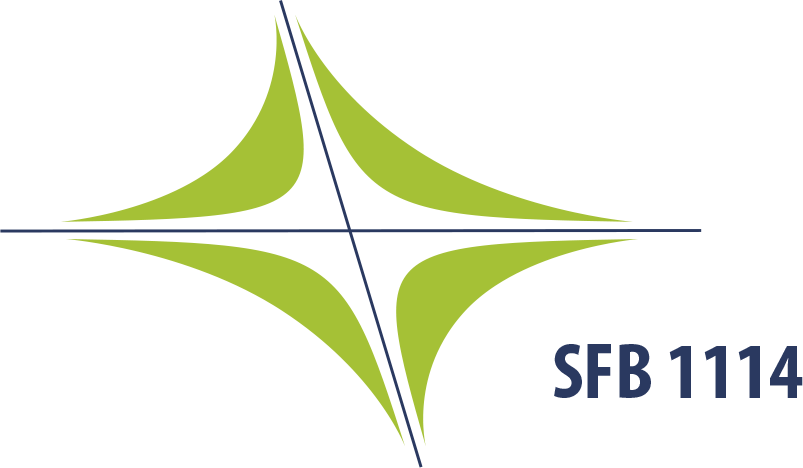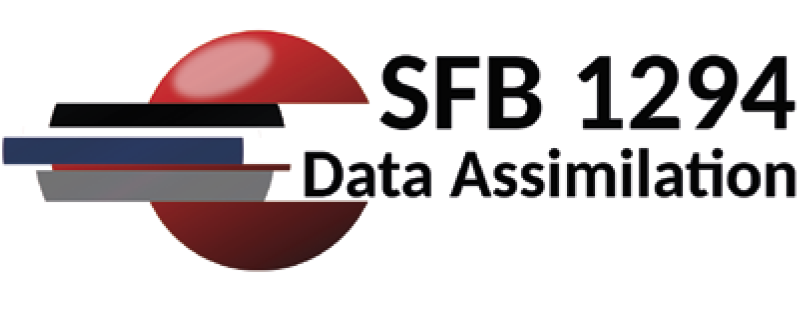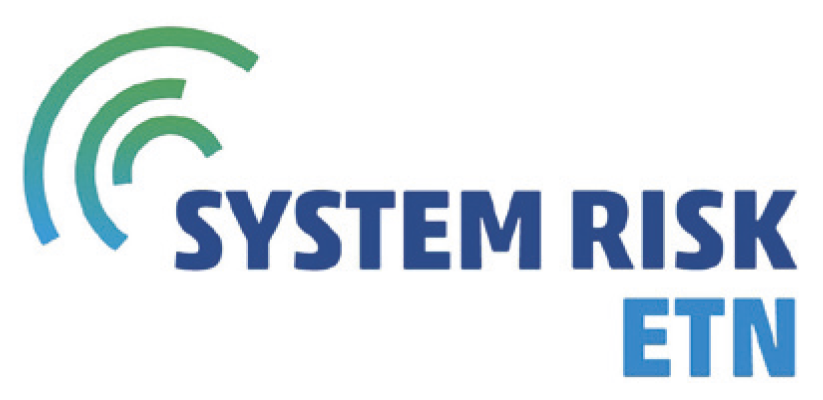Geo.X Career Day 2017 "Scientific Life Balance"
Video
October 20th, 2017
The Art of Work-Life Balance in Science
(Nadine Dräger-Sandowski)
As a scientist you can potentially always work
Science is more than a job – it is passion, hobby and satisfies your curiosity. Exactly for these reasons it is very easy to get caught in your job and to put the personal life aside. What is mostly overseen, however, is that contentedness and happiness are the motors of our creativity and should be one of our highest values.
Many own ways of balancing science and life
To help early career scientists on their way to more balance between private life and their job, 13 structured programs within the Geo.X network organized a career day with the topic Scientific Life Balance on the 20.10.2017 in the Urania Berlin. Svenja Neupert and Mark Edwards, both coaches with a lot of expertise on this subject, lead through the day. The participation of more than 100 young scientists up to experienced professors promoted the exchange of ideas and dispel of common prejudices.
Important questions were: How to arrange work and personal life? How to establish job security? How to stay in academia with children or time-consuming social engagement? The participants additionally exchanged experiences on the life of couples in different cities and the management of two careers in one family. Another important element was the perspective of leaders and professors who presented their strategies and perspectives for a satisfying work-life balance in science.
Need for small tips with a big impact
The discussions on this day revealed that already small changes can contribute to a much healthier work-life-balance. Svenja Neupert suggested to figure out: How do you want to spend your time? What is it that makes you happy? And which visions do you want to follow in life? In answering these questions, it will be easier to configure your individual life compass, which navigates you to your preferred balance of work and private life.
Important practical tips include:
- Define your boarders, clearly communicate what you want and negotiate your needs and wishes with people you are working with.
- Improve your time management. Work less but more efficient, benefit from flexible working hours and find the worktime that suits you. Take your vacation days.
- Use offers for counseling, coaching and mentoring opportunities on career orientation.
- Collaborate with colleagues instead of creating competition.
- Know the services for childcare or coaching at your institute and university.
- Know your legal possibilities regarding home office, family friendly hours of meetings, seminars and workshops.
- Reduce financial pressure by developing a scientific and an entrepreneurial mindset. Identify your skills, which allow you to also work outside of academia.
Structural changes in the science system
Our participants of the panel discussion pointed out that each of us is personally responsible for or a healthy work-life balance on the individual, but there are also relevant issues about the system that must be changed:
- Reduction of the publication pressure by also considering the quality of papers and the benefit for the society.
- Introduction of more flexible contracts like part-time positions even at professor level and job sharing.
- Review of funding programs to better combine family and research.
We would like to sincerely thank all participants for the lively discussions and for sharing their experiences. These insights were extremely valuable for emphasizing the challenges all scientists are faced with in managing their scientific work-life balance. We aim to continue and deepen this discussion in 2018.




























